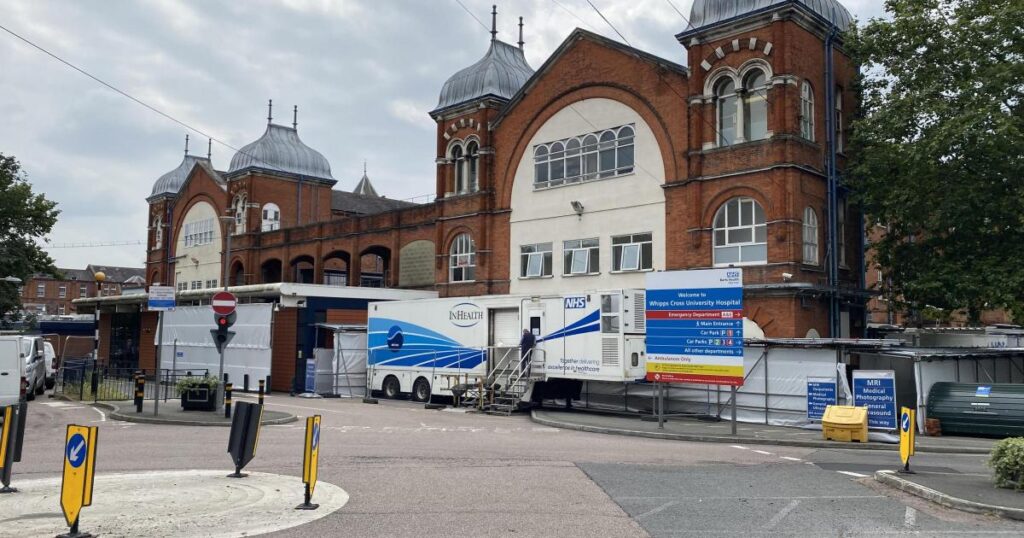On January 13, 2024 at around 12pm, Norma Campbell attended the emergency department at the Leytonstone hospital showing clear signs of the life-threatening condition.
Area coroner for east London, Nadia Persaud, said while sepsis had been detected very early, Mrs Campbell was not given the “prompt and necessary” sepsis care as set out in the NICE (National Institute for Health and Care Excellence) guidelines.
Mrs Campbell died in hospital less than 24 hours later, during the early hours of January 14.
An inquest concluded on June 12, 2025 that Mrs Campbell died of natural causes, contributed to by neglect.
A spokesperson for Barts Health NHS Trust, which Whipps Cross Hospital is part of, said: “We offer our heartfelt condolences to Mrs Campbell’s family and loved ones during this very difficult time.
“We are carefully reviewing the coroner’s report and will provide a full response by August 2025, setting out the steps we are taking to learn from this and improve patient care.”
In a prevention of future deaths report, Ms Persaud said Mrs Campbell needed care in the resuscitation area of the emergency department, but there were no resuscitation beds available.
MORE NEWS: Man died after consuming ‘excess alcohol’ and drugs, court told
She went on to say there was a delay of around 30 minutes in administering intravenous antibiotics as well as a delay in providing amikacin, and a two-hour delay in administering clarithromycin.
Ms Persaud said there was also a failure to robustly fluid resuscitate Mrs Campbell, which involves replacing lost bodily fluids while closely monitoring the clinical effect of this.
There was no fluid balance analysis, which meant abnormal findings such as a lactate level of 7 were not appropriately monitored and responded to.
Ms Persaud said Mrs Campbell was not monitored and her care was not escalated in accordance with the National Early Warning System (NEWS).
At around 9.52pm on January 13 and while still in the majors areas of A&E (Accident & Emergency), Mrs Campbell suffered a cardiac arrest.
“Maximal” efforts were made to resuscitate Mrs Campbell, but she died.
Mrs Campbell had no underlying chronic disease and, on the balance of probabilities, had she received a NICE guidance compliant and NEWS compliant level of care, Ms Persaud said her death could have been avoided.
Mrs Campbell’s inquest heard that the A&E department within the hospital often has inadequate staffing and medical facilities, and that it’s not uncommon to find patients in corridors when they need to be monitored.
On the day Mrs Campbell went to hospital, there were more than 25 patients in the corridors who were not receiving an appropriate level of care.
The hospital often has insufficient numbers of resuscitation beds, the inquest heard, and patients who require a resuscitation area level of care are often directed to the majors area of A&E.
Ms Persaud said: “The majors area lacks the levels of staffing and lacks the monitoring equipment required to treat this cohort of patients.
“In the absence of increased numbers of resuscitation beds, a system for continuous monitoring of observations in majors would significantly improve patient care.”
The hospital’s A&E department does not have an electronic observation system in place, the report said, which means patients with high NEWS scores are not automatically brought to the attention of clinical supervisors.
The coroner added that the critical care outreach team (CCOT) do not currently attend A&E for deteriorating patients, and the overcrowding and lack of resourcing in A&E highlights the need for the CCOT to provide support to A&E patients as well as patients on the ward.




